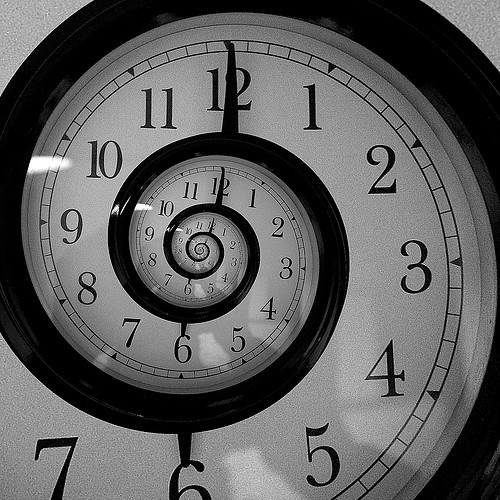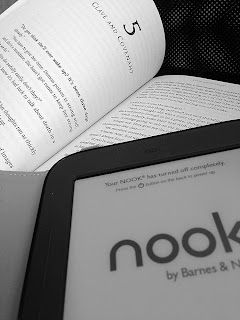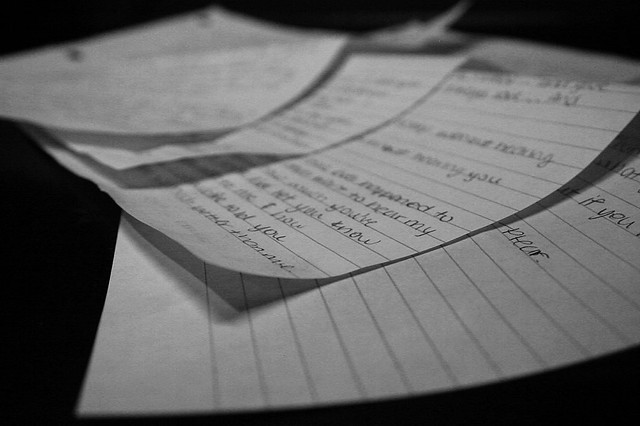 |
| Photo credit: Images_of_Money on Flickr |
It probably won't surprise you to hear that I never delete anything permanently, but I actually take it a step further: I save every draft of my WIPs. That's right, I hoard my writing.
In my pre-Scrivener days, I was a Microsoft Word fiend. After writing up the first draft of my WIP and deciding I was going to polish it to a final draft, I made a folder for my book. Inside the folder I placed everything that had to do with that WIP, from query letters to synopses to drafts that I labeled by number (Scrivener has made this much easier, but that’s another post altogether). For example, if my WIP was titled SECRET, I'd have files named SECRET, SECRET V2 (for Version 2), SECRET V3, etc. Before the start of every draft, I duplicated my most recent draft, give it a new number and start revising.
While some of you may consider the habit a little obsessive (and maybe it is), I quickly found that keeping my drafts separate allowed me to make sweeping changes without fear. I always knew that if I took something too far or deleted too much, I could always go back to my last draft (or however many drafts back I needed) and recover the original writing.
Now I'll admit that for a while, I never actually had need of going back to a previous draft. I had it as an option, of course, but it was an option that I found little need to exercise. That is, until my fifth manuscript.
My fifth WIP has gone through the most changes out of all of my manuscripts. While I currently have six specifically saved drafts, truth be told, there were probably more. The original draft was written in third person past with dual points of view. Then I switched it to first person past with a single point of view. Then first person present. Then two first person present POVs.
That last switch, from one POV back to two is the change where I was immediately glad that I hadn't deleted my previous drafts. While the new POV wasn't the same character that the old POV was written in, having the older draft allowed me to more easily figure out natural breaks for the second POV, and I was even able to take many of those older POV scenes and rewrite them to fit the new character.
I had never been so glad that I obsessively saved my writing.
The thing about permanently deleting anything is that you obviously can never get it back—and truth be told, you don't really know if you'll ever need to. Keeping old drafts really doesn't take up much space on a hard drive, and while I doubt you will ever regret saving old drafts, you may one day find yourself wishing you hadn't permanently deleted that old scene, or draft, or whatever it is that you threw into the abyss.
And if you never look at those old saved drafts? Well, no harm done. But at least you know they're there in case you ever need it.
Do you save old drafts, or are you a deleter? Share your experience in the comments below!











